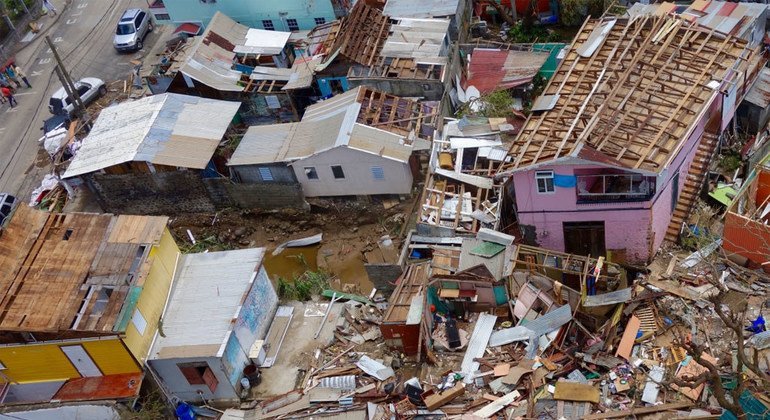The World Meteorological Organization (WMO) is forecasting an above-average hurricane season this year, with 17 to 25 storms expected, compared to the usual 14 named storms. Of these, four to seven may become major hurricanes with winds exceeding 111 miles per hour. High ocean heat and the development of the La Niña weather phenomenon are contributing factors to the increased storm activity. Hurricane-related disasters can have devastating socio-economic impacts, as seen with Hurricane Maria in 2017, which cost Dominica 800 percent of its Gross Domestic Product.
The WMO’s Tropical Cyclone Programme tracks hurricanes and provides early warnings to help reduce fatalities and mitigate the impacts of these natural disasters. Despite improved early warning systems, Small Island Developing States in the Caribbean continue to be disproportionately affected by hurricanes. The WMO is advocating for more coordinated and targeted investment in early warning initiatives for small islands, with a focus on disaster risk management. This will be a key topic at the upcoming International Conference on Small Island Developing States in Antigua and Barbuda.
Tropical cyclones, including hurricanes, have been the leading cause of reported human and economic losses globally from 1970 to 2021. However, improved early warnings and disaster risk management have helped decrease the death toll from over 350,000 in the 1970s to fewer than 20,000 between 2010 and 2019. Reported economic losses for the same period amounted to $573.2 billion. Naming tropical cyclones helps simplify tracking and discussing specific storms, especially during periods of high storm activity. The WMO has established strict procedures for naming storms, with names following alphabetical order in different regions.
The WMO emphasizes the importance of vigilance this year due to near-record ocean heat in the region where Atlantic hurricanes form and the shift to La Niña conditions, which create favorable conditions for increased storm formation. Early warnings and preparedness are essential in mitigating the impacts of hurricanes and reducing the risk of casualties and economic losses. The WMO and its partners are working to enhance early warning systems for small islands and advocate for increased investment in disaster risk management. The international community must prioritize efforts to strengthen resilience and preparedness in the face of increasingly severe weather events.









